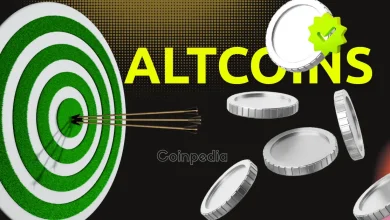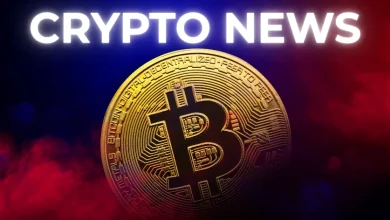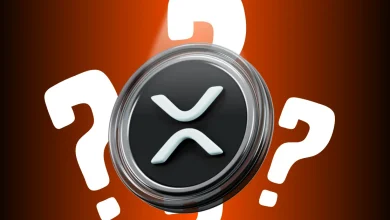
The XRP and Ripple legal battle intensifies as John Deaton and Bill Morgan challenge the notion of a "common enterprise" in the SEC's claims.
Deaton's defense highlights the absence of a connection between Ripple and XRP holders, backed by Judge Torres' ruling.
The Celsius bankruptcy case offers a critical example that contradicts the SEC's horizontal commonality claim under existing law in the 2nd Circuit.
The ongoing legal dispute between Ripple and the Securities and Exchange Commission (SEC) has recently taken a fascinating turn. Noted figures in the crypto space, John Deaton and Bill Morgan, have engaged in a thought-provoking conversation centered around the concept of a “common enterprise,” a pivotal aspect of the SEC’s allegations.
John Deaton’s Perspective
John Deaton, the founder of CryptolawUS and an attorney deeply involved in this legal battle, recently took to Twitter to share a comprehensive account of his journey. As an investor in Bitcoin, Ethereum, and XRP, Deaton made it clear that he is committed to fighting what he perceives as the SEC’s overreach in the cryptocurrency realm.
Interestingly, his stance has garnered backlash not only from Bitcoin and Ethereum supporters but also from his criticisms of the SEC’s treatment of Ripple and XRP.
Deaton’s defense largely rests on his assertion that the majority of first-time XRP buyers were largely unaware of Ripple’s existence. Moreover, they invested in XRP for its technological advantages, such as its speed and cost efficiency compared to Bitcoin and Ethereum.
Judge Torres’ Ruling and Its Implications
Deaton emphasized his support for Judge Torres’ ruling, which he considers to be the correct interpretation of the Howey Test applied to XRP. According to Deaton, the SEC failed to meet the three prongs of the Howey Test, namely investment in a common enterprise with an expectation of profit from the efforts of others.
He pointed out that the SEC was unsuccessful in establishing a common enterprise between Ripple and XRP holders. The ruling posits that XRP holders can make profits or sustain losses independently of Ripple or other XRP holders.
Deaton confidently highlighted Judge Torres’ record on appeal, predicting that the SEC will face a tough battle to reverse her decision.
Bill Morgan’s Standpoint
Bill Morgan, an Australian Lawyer and a digital asset enthusiast, wholeheartedly endorses Deaton’s view regarding the lack of a common enterprise between XRP holders and Ripple. Morgan highlights a significant point made by Deaton concerning XRP holders who choose to loan out their tokens.
Deaton supports his argument by citing the example of the Celsius bankruptcy case. He contends that XRP holders who had loaned their tokens to Celsius faced losses independent of Ripple and other XRP holders. This example, according to Deaton, challenges the SEC’s claim of horizontal commonality under existing law in the 2nd Circuit.
This Might Interest You: Bill Morgan vs Max Keiser: Heated Twitter Feud Triggered Over ‘Dead Coin Walking’ XRP








